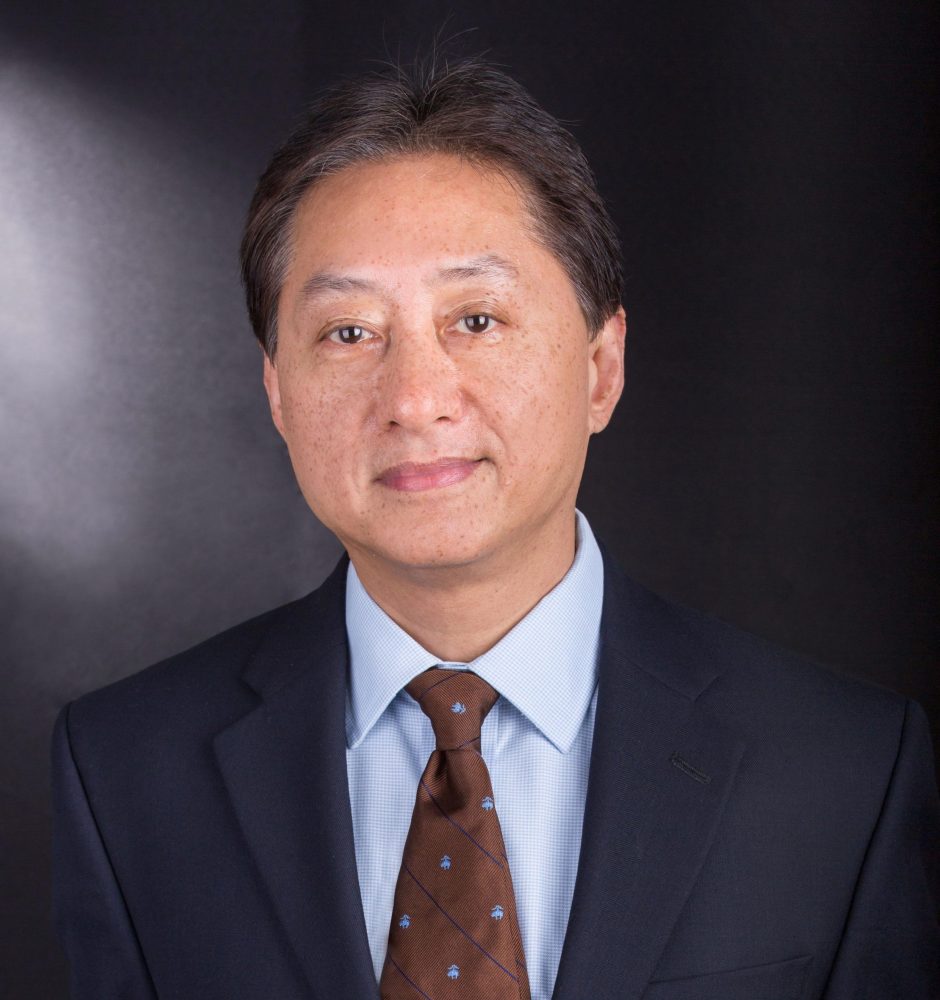透过把中国一级土地市场的土地交易数据与上市公司董事会成员的详细履历作出配对,我们发现地方官员与公司之间存在「旋转门」交易模式。地方官员以折扣价出售土地予此等上市公司,随后在其退休时获这些公司任命加入董事会作为报酬。具体来说,与没有帮助公司取得低廉土地交易的董事会成员相比,这些「旋转门官员」获「交易公司」聘为董事会成员的可能性高达三倍,薪酬则高出23%,而持有公司的股份更高出81%。然而,上述情况均以交易公司能够获得价格折扣为大前提。一般而言,公司可享平均19.4%的买地折扣。但在突击审计期间,旋转门官员无法提供价格折扣,其获聘为董事会成员的可能性亦会减半,而双方分别获得的价格折扣和额外补偿亦会完全消失。透过提供互惠互利的实证,我们发现「旋转门」在内地被用作「支付」而非「拉关系」的工具。

- PhD: University of Cambridge
- Master of Philosophy: University of Cambridge
- Bachelor of Arts: University of Guelph
James Kung joined the HKU Business School at the University of Hong Kong in 2018. Before that he was the Yan Ai Foundation Professor of Social Science at the Hong Kong University of Science of Technology (HKUST), where he had taught for many years. He was twice the winner of the School of Humanities and Social Science’s teaching award while at HKUST.
- Economic Development of China
- Capstone Seminar
- Empirical Analysis of China
Kung’s research interests are steeped in the economic history of China, its institutions and its political economy of development. Currently, Kung is studying both the origins of China’s meritocratic civil exam system (keju) and its long-term persistent effects on human capital development. At the same time, he is examining issues related to the political exchange between firms and officials, and corruption more broadly in contemporary China.
- “Trading Favours through the Revolving Door: Evidence from China’s Primary Land Market”
(with Ting Chen, Li Han and Jiaxin Xie). The Economic Journal, 133(649): 70-97, 2023. - “Malthus Goes to China: The Effect of “Positive Checks” on Grain Market Development, 1736–1910”
(with Yanfeng Gu). The Journal of Economic History 81 (4): 1137-1172, 2021. - “Political Elites and Hometown Favoritism in Famine-stricken China”
(with Titi Zhou). Journal of Comparative Economics 49 (1): 22-37, 2021. - “Long Live Keju! The Persistent Effects of China’s Civil Examination System”
(with Ting Chen and Chicheng Ma). The Economic Journal 130 (631): 2030-2064, 2020. - “Busting the ‘Princelings’: The Campaign Against Corruption in China’s Primary Land Market”
(with Ting Chen). The Quarterly Journal of Economics 134 (1): 185-226, 2019. - “Do Land Revenue Windfalls Create a Political Resource Curse? Evidence from China”
(with Ting Chen). Journal of Development Economics 123: 86-106, 2016. - “Of Maize and Men: The Effect of a New World Crop on Population and Economic Growth in China” (with Shuo Chen). Journal of Economic Growth 21 (1): 71-99, 2016.
- “Diffusing Knowledge while Spreading God’s Message: Protestantism and Economic Prosperity in China, 1840-1920” (with Ying Bai). Journal of the European Economic Association 13 (4): 669-698, 2015.
- “The Tragedy of the Nomenclature: Career Incentives and Political Radicalism during China’s Great Leap Famine” (with Shuo Chen). American Political Science Review 105 (1): 27-45, 2011.
- “Climate Shocks and Sino-nomadic Conflict”
(with Ying Bai). The Review of Economics and Statistics 93 (3): 970-981, 2011.
Kung begins his term as President of the Association for Comparative Economic Studies in January 2021 and continues to serve on the editorial board of the Journal of Comparative Economics and Explorations in Economic History.
Past events can obviously have a profound effect on the future; but can these effects be measured and quantified? Two professors at the HKU Business School, Professor James Kung and Dr Chicheng Ma, and Dr Ting Chen of Hong Kong Baptist University, recently attempted to find out. They co-authored a paper on the impacts of China’s long-lived civil examination, the keju, on the modern-day society and economy of the country. They discovered that success in this ancient examination in particular locations led to a measurable effect on modern economic development in the same locations in the present day.
港大经管学院龚启圣教授在知名经济学期刊《经济学杂志》发表的论文被挑选为2020年度最佳论文,因而荣获英国皇家经济学会奖。他和马驰骋博士及陈婷博士联合撰写的论文 “Long Live Keju! The Persistent Effects of China's Civil Examination System” (中文翻译:科举万岁!中国科举制度所产生的深远影响),研究科举制度千年以来对中国的人力资本或教育成果的长远影响。
China's civil examination system (keju), an incredibly long-lived institution, has a persistent impact on human capital outcomes today. Using the variation in the density of jinshi—the highest qualification—across 278 Chinese prefectures in the Ming-Qing period (c. 1368–1905) to proxy for this effect, we find that a doubling of jinshi per 10,000 population leads to an 8.5% increase in years of schooling in 2010. The persistent effect of keju can be attributed to a multitude of channels including cultural transmission, educational infrastructure, social capital, and to a lesser extent political elites.





